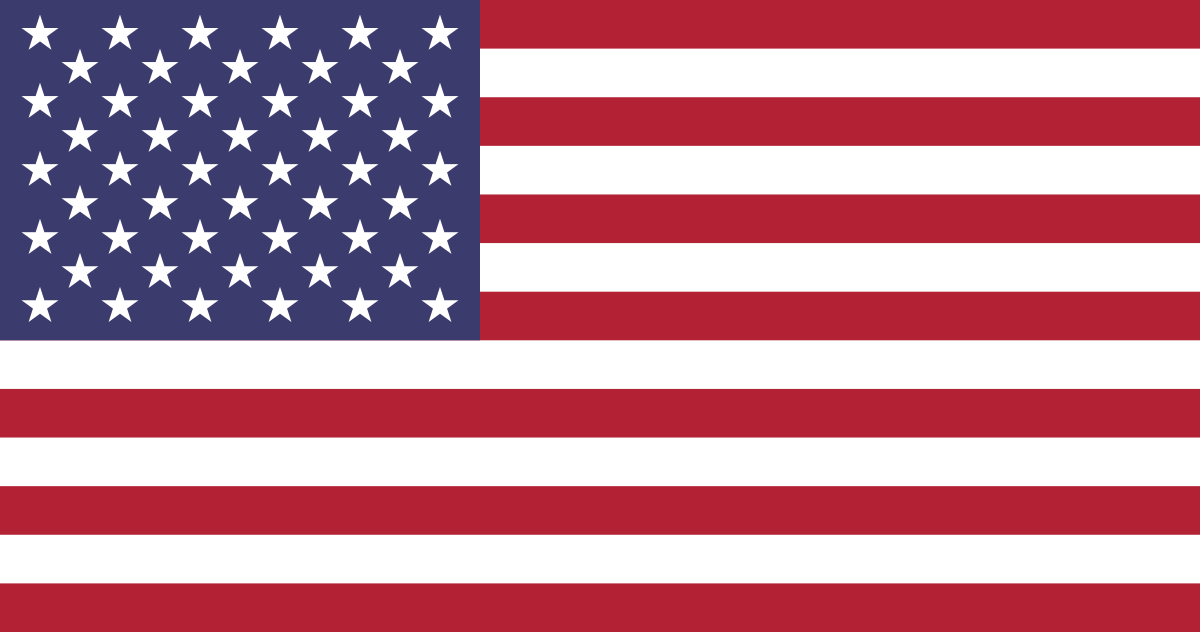Part 2 of 2 Parts (Please read Part 1 first)
Alex Wellerstein is an assistant professor of science and technology studies at the Stevens Institute of Technology in Hoboken, New Jersey, and creator of the nuclear weapons effects simulator NUKEMAP website. He told a reporter that “either the Russians are trying to hold open the possibility for a return at some point, or they are trying to avoid the diplomatic fallout that comes from withdrawing from a treaty,” perhaps forcing the U.S. into withdrawing from it. “This feels like diplomatic maneuvering more than any kind of strategic change. The treaty has had a dampening or slowing effect on the nuclear arms race between the U.S. and Russia,” and suspended, “it is possible, in the longer term, that either or both nations could go back into an arms race mode.”
Wellerstein went on to say that “There are certainly forces in the U.S. and Russia who would be in favor of that. It would be a tremendous waste of resources and could potentially raise the chances of nuclear war.” He added that “the fact that the Russians are willing to sacrifice an important treaty because of their frustrations with the war in Ukraine is a troubling sign. Putin seems to be operating here out of pique, not strategy.”
Gerard Powers is director of Catholic peacebuilding studies at Notre Dame’s Kroc Institute for International Peace Studies and coordinator of the Catholic Peacebuilding Network. He told a reporter that “during the Cold War, arms control was often possible when there were thaws in U.S.-Soviet relations. But arms control agreements sometimes serve to maintain constructive dialogue and cooperation even amidst a crisis. The suspension of New START removes that critical function at this time when U.S.-Russian relations are frozen.”
Analysts said that Putin’s suspension would make verifying Russia’s compliance with the New START treaty much more difficult to verify.
Andrey Baklitskiy is a senior researcher in the WMD Program at the U.N. Institute for Disarmament Research. In a Twitter post, he called Putin’s mover “political”, saying that the move was “really-really unfortunate and it could be reversed “if the political considerations in Moscow change. However, it is not clear how the situation could change for this to happen.”
Monsignor Stuart Swetland is a canon lawyer and former U.S. Navy officer who is president of Donnelly College in Kansas City, Kansas. He told a reporter that “Pope Francis has been pretty explicit that there is a serious ethical issue with the threat to use weapons of mass destruction,” and that even their possession was immoral.
He said, “That’s because you cannot threaten to do what is immoral to do. Weapons of mass destruction almost by definition are weapons that do not meet the just war criteria … when used, they will be disproportionate and they will not discriminate between combatants and non-combatants. So the entire apparatus of nuclear deterrence theory has serious ethical problems from a Catholic perspective.”
O’Connell mentioned that Catholic teaching “is against the use of a nuclear weapon as well as possession of such weapons. Their use results in immense suffering to those not killed immediately and devastates the natural environment. Using game theory, political scientists have invented the idea of ‘mutually assured destruction,’ arguing that a state will be deterred from using nuclear weapons by the understanding that any use will be met by assured destruction.” She said that Pope Francis has pointed that out. “It is only an idea without empirical proof to support it. But even with proof, it is completely immoral to kill masses of people as revenge. The ‘Just War’ teaching of the church is that armed force is permissible only in self-defense. That is not what nuclear weapons can accomplish.”
Nuclear Weapons 813 – Russia Announces That It Is Suspending Participation In The New START Treaty With The U.S. – Part 2 of 2 Parts

Written by
in
